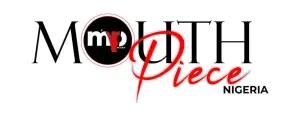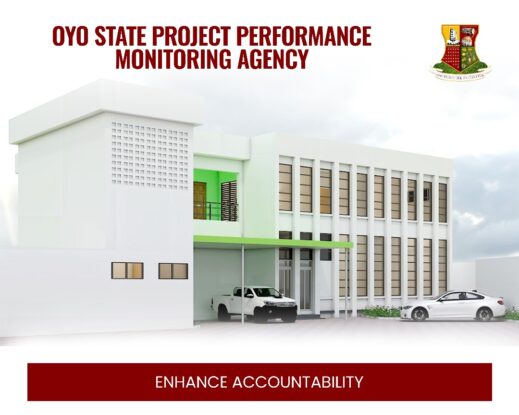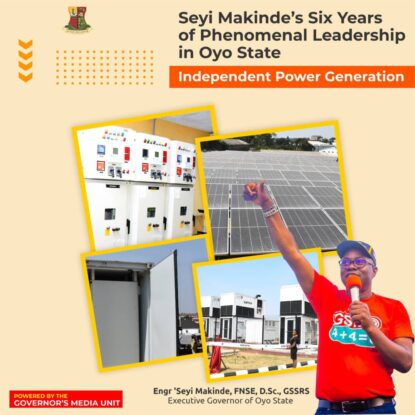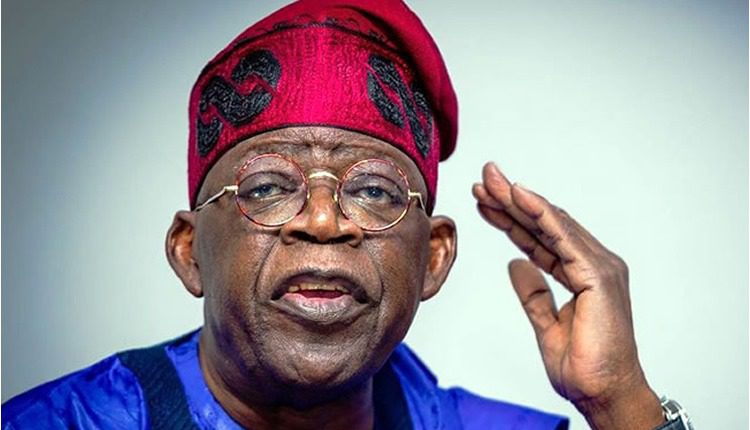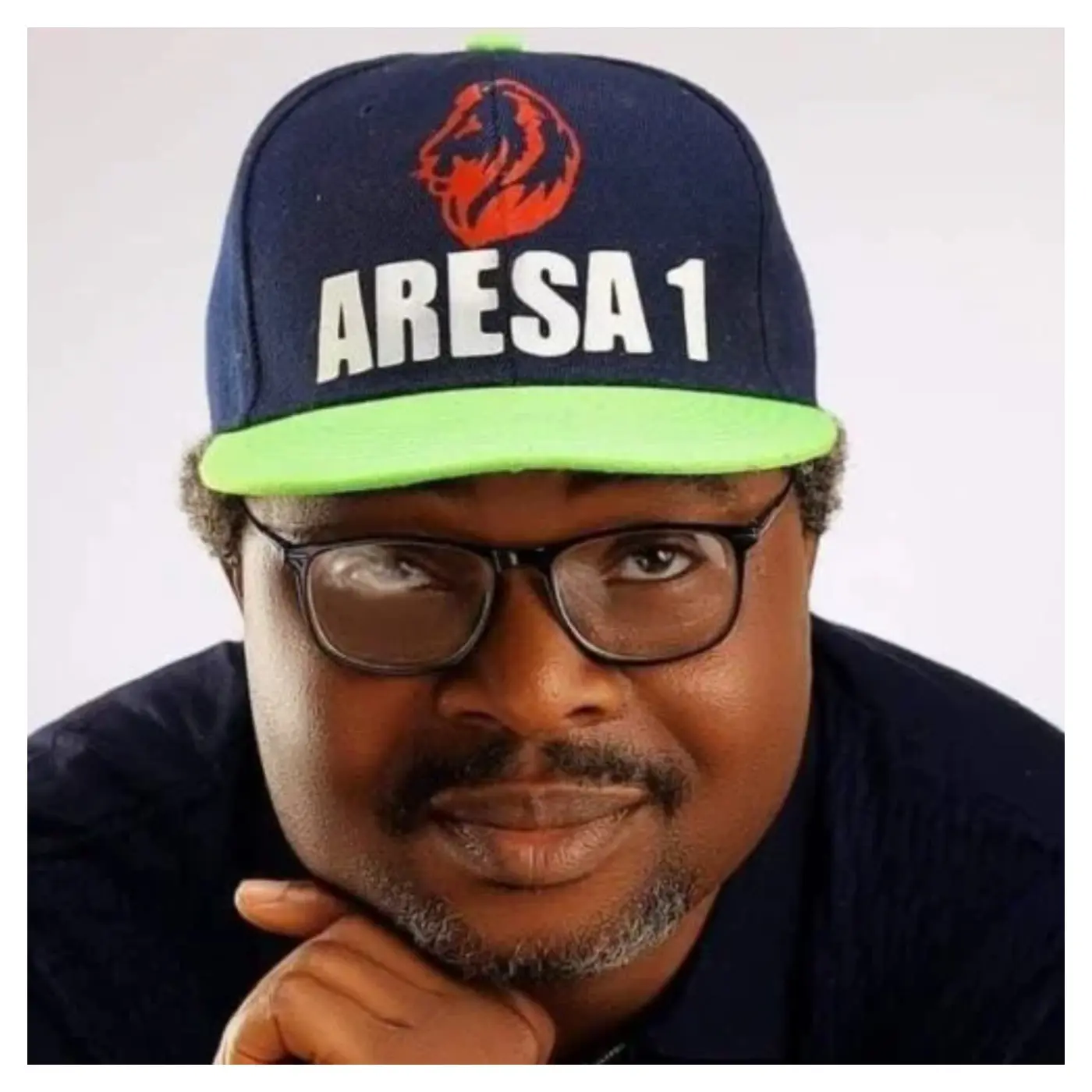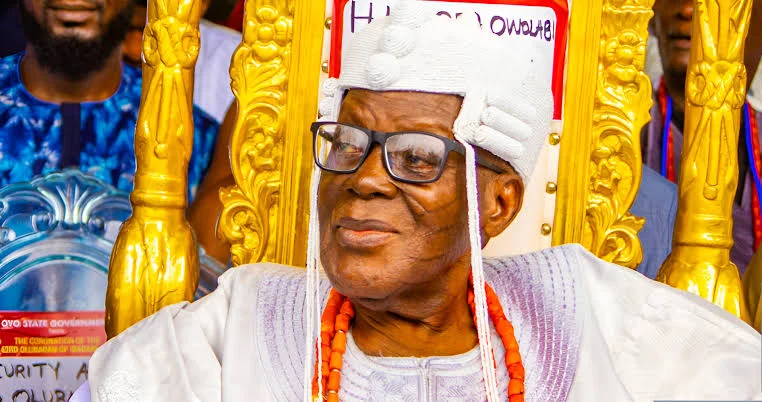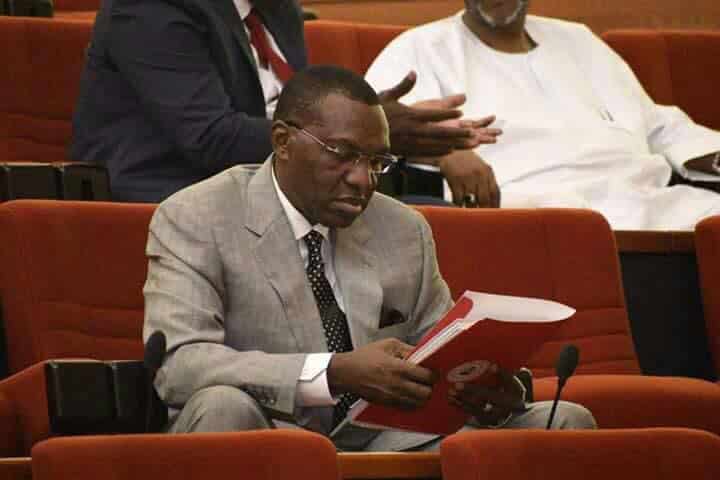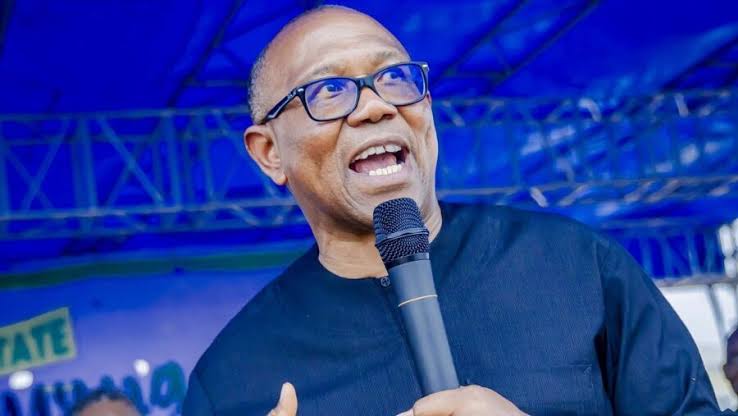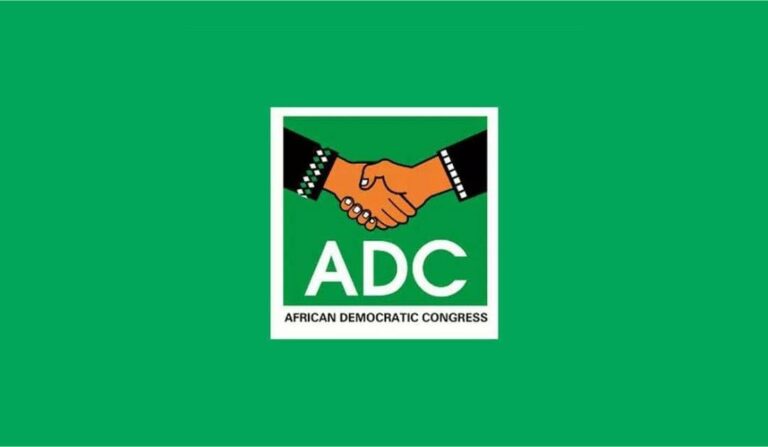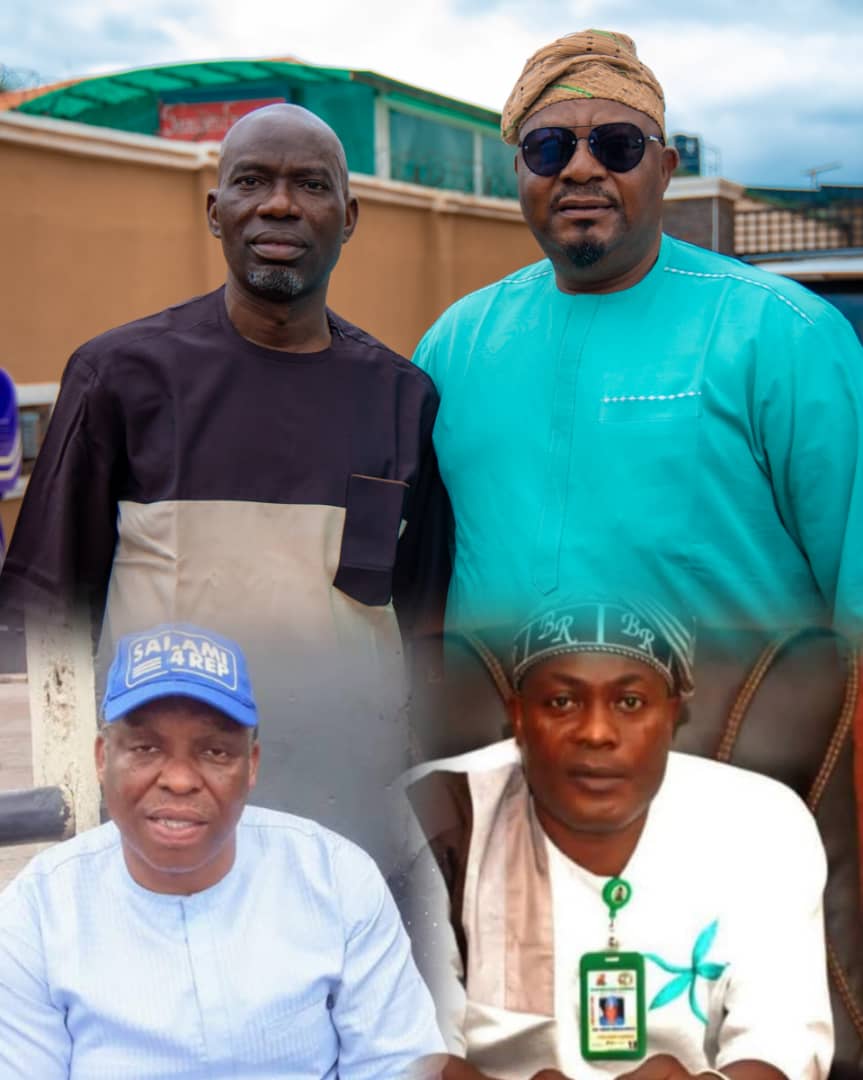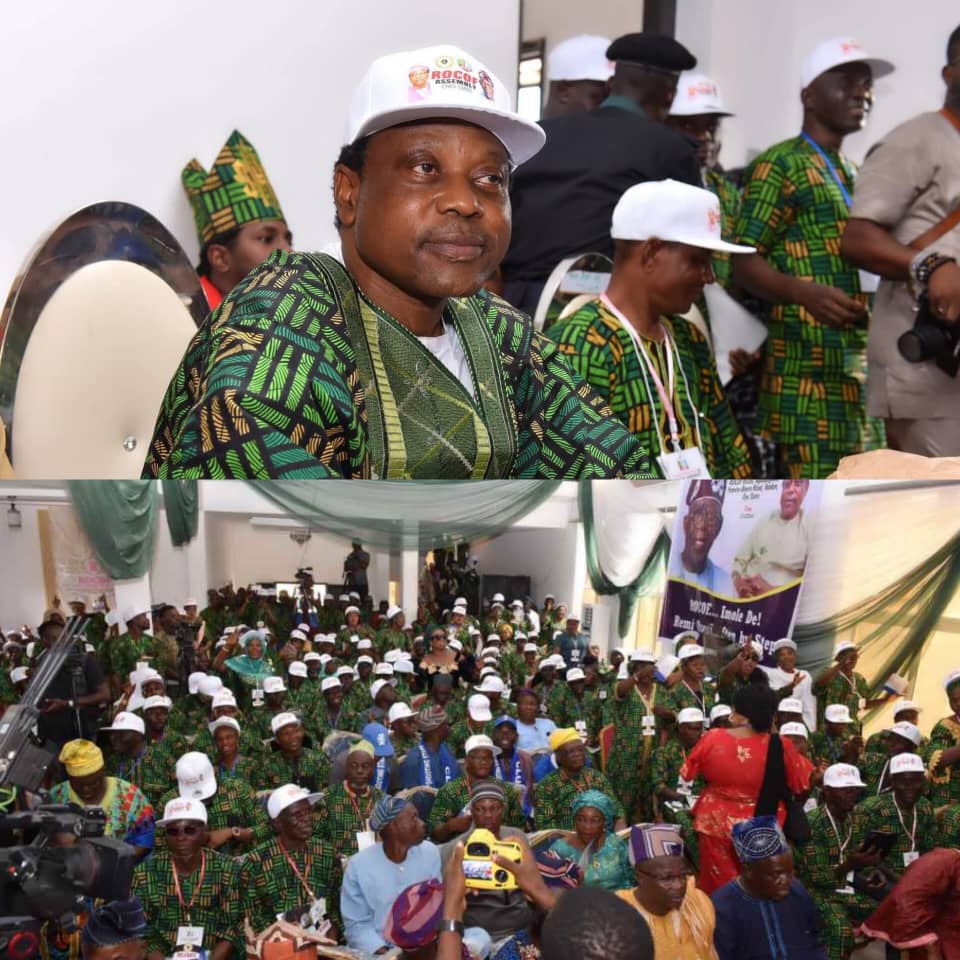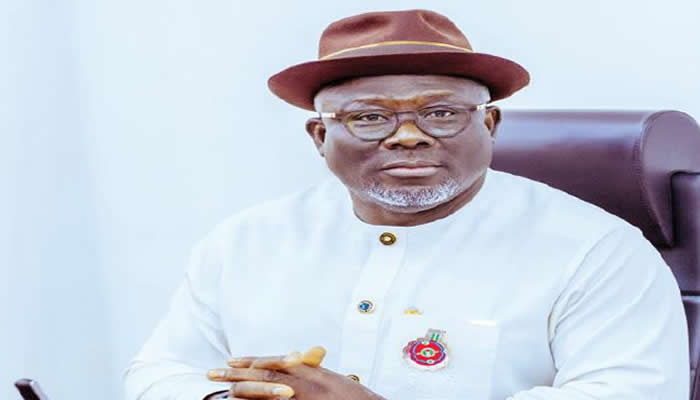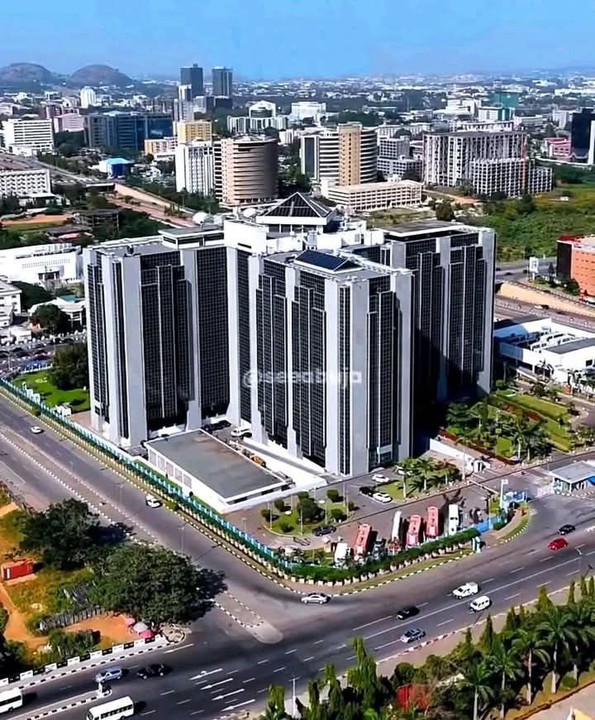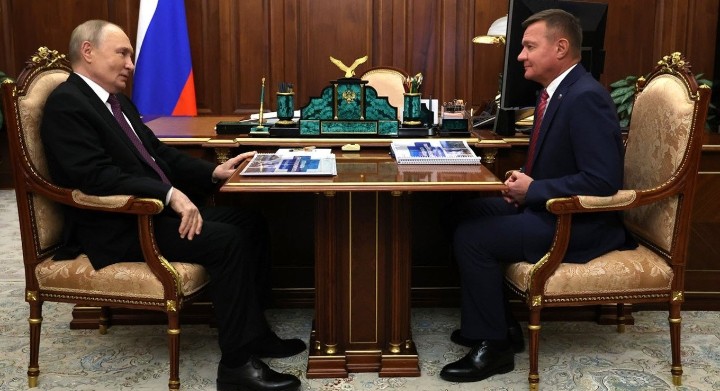₦4 Trillion Subsidy Savings Channeled To Infrastructure – Tinubu
President Bola Tinubu has reiterated the commitment of his administration to deploy adequate funding to critical sectors of the economy, a move, he said, is aimed at rebuilding public trust and promoting inclusive development of the entire country.
He stated this on Monday at the commencement of a national conference on Public Accounts and Fiscal Governance, organised by the Public Accounts Committees of the Senate and House of Representatives.
Represented by the Minister of State for Finance, Doris Uzoka-Anite, Tinubu said the removal of the subsidy, though painful, was aimed at revamping the economy for the benefit of Nigerians.
“In 2022 alone, Nigeria spent over N4tn on fuel subsidies, more than we allocated to capital expenditure. This was not only physically unsustainable, but it was also unjust. A subsidy that disproportionately benefited the affluent, encouraged smuggling, and bred inefficiency was neither equitable nor strategic.
“Since its removal, we have redirected those funds into targeted interventions, expanding our social safety nets, improving public transportation, and financing critical infrastructure projects. Most importantly, we have strengthened our fiscal buffers, making Nigeria more resilient to external shocks.”
The President stated that “for far too long, Nigeria’s economy has been burdened by structural inefficiencies, fiscal leakages, and an overreliance on oil revenues. But we are not here today to dwell on the challenges of the past. We are here to chart a new course.”
The President also added that recently enacted tax laws will simplify compliance, expand the tax base, make collection easier, and enhance the ease of doing business in Nigeria.
“These reforms are designed to widen the tax base by integrating the informal sector, simplify compliance for small and medium-sized enterprises, digitise revenue collection to reduce human interference and eliminate leakages, and harmonise multiple taxes to make doing business easier in Nigeria,” he said.
Describing the new tax system as “a governance imperative,” the President said he is his administration is laying the foundation for a self-sustaining economy that gradually moves away from dependence on oil revenues to a more diverse and inclusive revenue base.
He cited new initiatives like the National Credit Guarantee Company, which aims to support local production, empower SMEs, and boost non-oil exports, as moves intentionally aimed at changing the economic narratives of the country.
“These efforts go beyond mere economic metrics. They are creating jobs, fostering innovation, building economic resilience, and strengthening our national security and long-term stability,” Tinubu stated.
On monetary policy, Tinubu acknowledged the Central Bank’s efforts in stabilising the naira, taming inflation, and coordinating effectively with fiscal authorities.
“There is better coordination now between the fiscal and monetary sides, and we are determined to reduce inflationary pressures by addressing structural bottlenecks, particularly in food supply chains.”
Tinubu called on the National Assembly, especially the Public Accounts Committees, to uphold their constitutional duty with “integrity, courage, and independence,” adding that “oversight is not a political tool. It is a patriotic duty. Every project must be guided by value for money, and every budget must reflect the new priorities of our people,” he said.
Also speaking, the Senate President, Godswill Akpabio, urged the Public Accounts Committees of both chambers to assert their constitutional powers in enforcing transparency and accountability in government, warning against the growing trend of non-compliance with legislative summons.
Represented by Senator Abdul Ningi (PDP, Bauchi Central), Akpabio noted that “The Public Accounts Committees are not just legislative creations, they are constitutional bodies empowered by Sections 80, 81, and 88 of the Constitution to act as watchdogs of public funds. They have the power to summon any individual, public or private, to account for the use of government resources. “
Akpabio lamented the lack of responsiveness by some agencies and individuals to summons from the legislature, describing it as an affront to democracy and the rule of law.
“Refusal to honour legislative invitations, especially from the PACs, is unacceptable. This trend must be stopped. Heads of agencies, including the Head of Service and others, must recognise the authority vested in the legislature by the 1999 Constitution as amended.
“It is your duty to track how revenues are collected, stored, appropriated, and implemented. Without accountability, there will be no prosperity. Without discipline, there will be no development,” he added.
Akpabio also drew attention to the challenges the legislature faces in executing oversight functions, particularly when dealing with complex institutions like the Central Bank of Nigeria, the Nigerian National Petroleum Company Limited, and the Federal Inland Revenue Service.
The Senate President called for support for the legislature to enable it to rise to the challenge of effective lawmaking, representation, and oversight.
“The legislature is being incapacitated in many ways. We need expertise and tools, especially digital technologies, to carry out oversight over 250 million Nigerians. The task is enormous but must be done,” he said.
On his part, the Speaker of the House of Representatives, Tajudeen Abbas, raised alarm over Nigeria’s unresolved fiscal infractions, revealing that over ₦300bn in public funds flagged by audit reports remain unrecovered.
Abbas, who was represented by House Leader, Julius Ihonbvere agencies of government to take audit queries seriously.
“We have advocated for the timely implementation of audit recommendations and increased collaboration with anti-corruption bodies to ensure that those found wanting are held to account. In addition, we have advocated for mandatory compliance and sanctions for audit infractions, closing long-standing loopholes that allow MDAs to disregard audit queries with impunity.
“Fiscal responsibility cannot thrive in the absence of consequences for mismanagement,” Abbas stated. The Speaker expressed concern that Nigeria’s public finance architecture is often weakened by non-compliance and delayed enforcement of audit recommendations.
To address this, he noted that the House has “worked on refining the PAC process to reduce delays in considering Auditor-General reports, while developing a structured follow-up mechanism to track compliance by MDAs.”
Abbas also called for the adoption of technology in the public accounting process to enhance accuracy and transparency.
“The House is fully committed to supporting the integration of technology into public sector audit and accounting processes. We have championed the digitisation of audit and financial reports, promoted the use of real-time expenditure tracking tools, and encouraged MDAs to adopt automated audit software,” he said.
Speaker Abbas noted that the 10th House of Representatives has made fiscal oversight a legislative priority and has deliberately elevated financial accountability “from mere procedural obligations to an active, results-driven process.”
According to him, the legislative arm has engaged in expanded committee work, direct interface with the Office of the Auditor-General, and follow-up on past audit findings.
“We have begun to institutionalise a culture where public fund management is not only monitored but measured against actual impact. This includes the timely review of Auditor-General’s reports to ensure swift legislative action and follow-up,” he added.
He emphasised that true transparency is not about elite bureaucratic processes but about empowering citizens.
“Fiscal transparency should no longer be confined to elite circles of technocrats and auditors; it must become a democratic right that empowers citizens to participate in shaping public policy.
“That is why the 10th House has prioritised the simplification and public accessibility of audit reports, making it easier for everyday Nigerians to engage meaningfully with government financial disclosures,” the Speaker added.
“The House of Representatives strongly supports a harmonised approach to fiscal accountability, one where audit methodologies, enforcement mechanisms, and compliance cultures are not fragmented, but standardised and mutually reinforcing,” he said.
The Chairman of the Senate Public Accounts Committee, Senator Ahmed Wadada, called on Nigeria’s public institutions and leadership across sectors to recommit to a new era of fiscal integrity and responsible governance.
Against the backdrop of growing global economic uncertainty and declining domestic revenues, Wadada stressed the urgency of “reimagining Nigeria’s fiscal framework,” warning that public trust in government can only be rebuilt through transparency and measurable service delivery.
“The vision before us is clear: To establish a culture of fiscal discipline anchored on transparency, accountability, and citizen-focused service delivery,” he declared.
Wadada expressed regret over past fiscal missteps, including poorly monitored budgets and untracked funds.
“We have seen budgets passed without adequate oversight. We have witnessed funds released without measurable outcomes. And we have, too often, overlooked the voices of citizens in matters that directly affect their livelihoods,” he said.
He challenged all stakeholders, across the legislature, executive, civil society, and the private sector, to view public funds not as privileges, but as a “sacred trust.”
“We must uphold fiscal integrity not as a slogan, but as a standard. We must treat public funds not as a privilege, but as a sacred trust. And we must ensure every Naira counts, for education, health, infrastructure, security, and the future of generations unborn,” Wadada urged.
Referencing a recent audit report from the Office of the Auditor-General of the Federation, the Senator acknowledged lingering gaps in financial reporting and accountability among government agencies.
“These observations serve as an important reminder of the need to continuously strengthen our public financial management systems. In this regard, the Public Accounts Committee of the Senate has intensified its oversight functions, initiated inclusive public hearings, and deepened engagement with key stakeholders, all aimed at fostering a culture of transparency, accountability, and responsible governance,” he said.
“Nigeria must not only meet domestic expectations, it must fulfil international benchmarks in public finance, debt management, and open governance,” he said.
His Chairman of the House of Representatives Public Accounts Committee, Bamidele Salam, called for a complete recalibration of Nigeria’s fiscal governance systems, urging all public officials to move beyond lip service and ensure that public funds are truly used for the public good.
“Making public funds work for the public good is a mantra we must not only proclaim but must be seen to internalise and practice in all we do as public servants,” he said.
With the theme “Fiscal Governance in Nigeria: Charting a New Course for Transparency and Sustainable Development,” Salam described the gathering as a “significant milestone in our collective pursuit of transparency, accountability, and sustainable development in Nigeria.
“We recognise that our nation’s progress is inextricably linked to the effectiveness of our fiscal governance systems. It is our collective responsibility to ensure that public resources are managed in a lawful, transparent, prudent, judicious, accountable, and efficient manner,” he said.
Salam acknowledged some of the ongoing fiscal reforms under President Bola Ahmed Tinubu’s administration through the Renewed Hope Agenda, but said more work needs to be done in strengthening financial reporting, auditing institutions, and aligning governance with the constitutional mandate.
“In the last two years of my stewardship as the Chair of this constitutional committee in the House of Representatives, I have seen the need, more than ever before, to address fundamental issues around the timeliness and quality of our financial reporting systems, the integrity of our budgeting and procurement process, the capacity of our supreme audit institution, and the successful implementation of our shared vision as contained in Chapter 2 of the 1999 Constitution as amended,” he stated.
